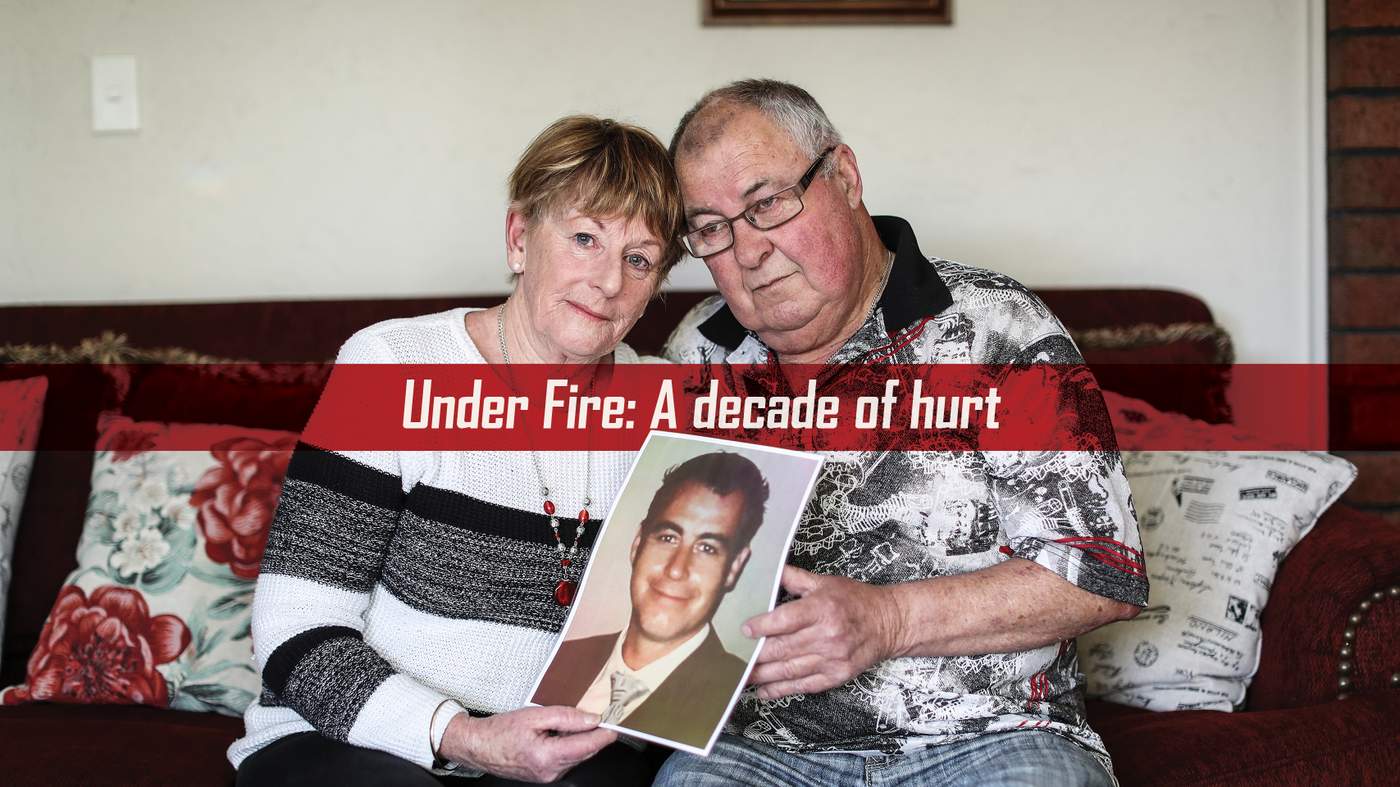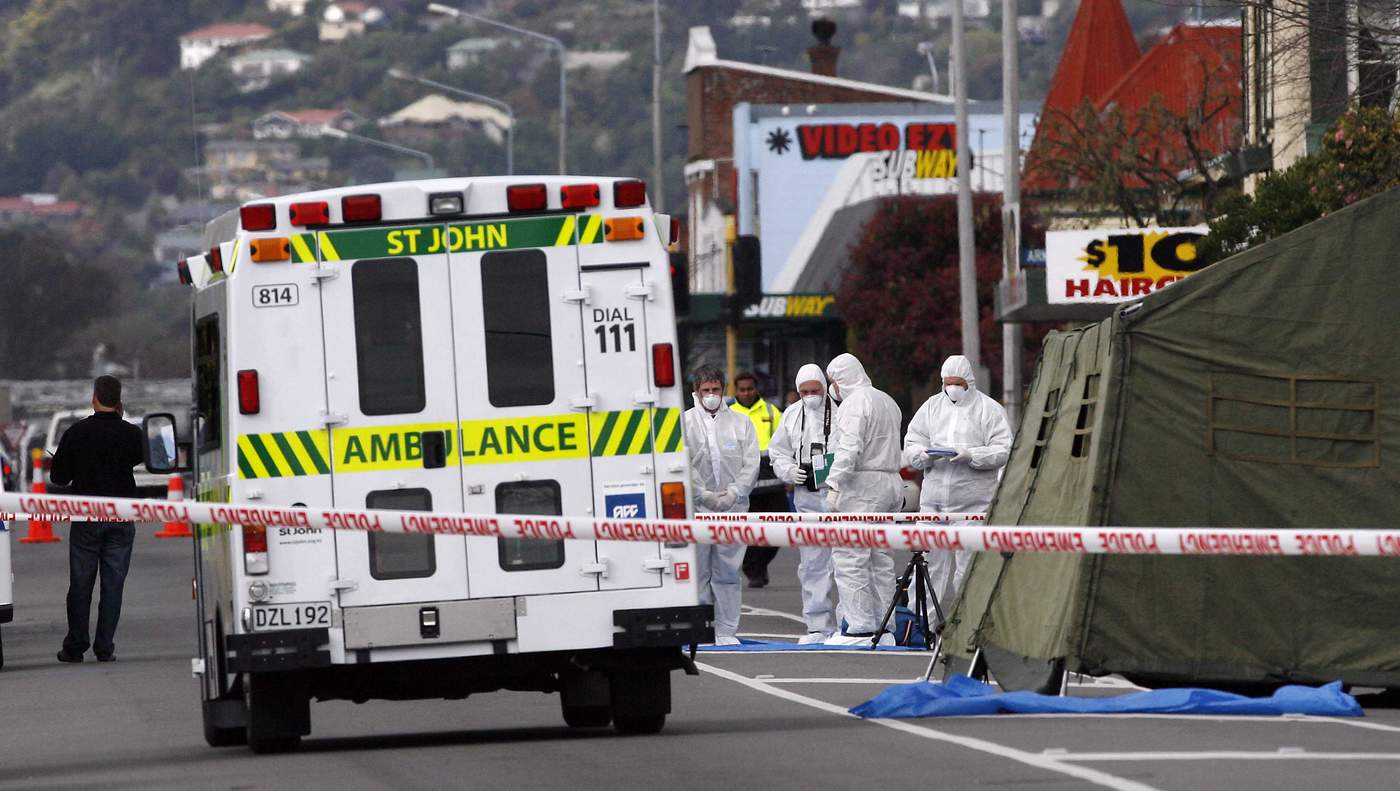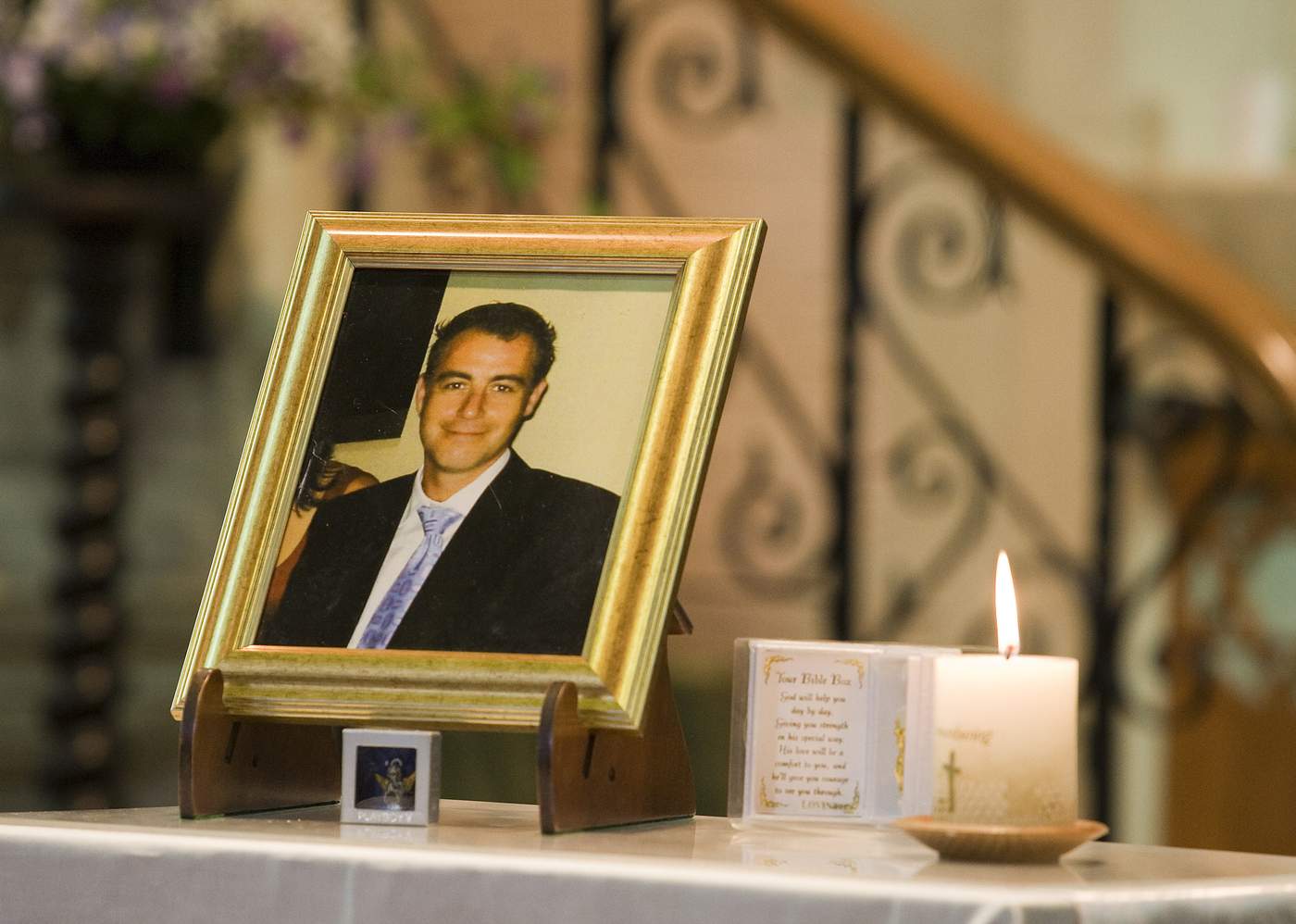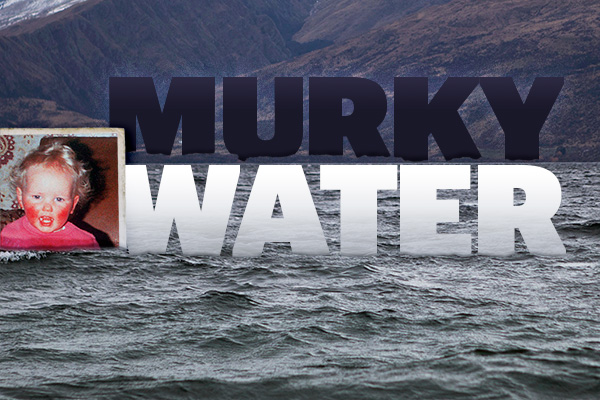A short time later he was charged with assaulting two prisoners in a police paddy wagon but was acquitted by a jury.
In the absence of police charges, it was up to the Bellinghams to pursue "justice" for their son.
They were contacted by two former police officers turned private investigators, who were concerned by what they'd read and offered to help.
Auckland QC Colin Pidgeon, who also acted for the family of Halatau Naitoko, killed by a stray police bullet during a shootout on an Auckland motorway in 2009, came on board.
In a legal opinion, Pidgeon said there was a case for damages under the section of the Bill of Rights Act that protects the right "not to be deprived of life", although it hadn't been used before.
Pidgeon believed the court would take the view that the officer wrongly put himself in a confrontational position and if he had followed normal procedure, he would not have needed to shoot Bellingham.
In the end, the case never went to court, as it was taking too much of a toll on Maria's health.
"It got to the stage where it had gone on for more than eight years," she says. "I was quite sick after Stephen's death, I resigned from my job and got depression - I didn't want that again, so we pulled the plug."
Ray: "If I had a million dollars I would have spent more on it - we just wanted something to say that this guy unjustifiably killed our son."
Looking back, the couple say they were naive in allowing police to interview them straight after the shooting, when they could have declined.
"They were looking for crap on Stephen and they couldn't find it," Maria says.
"They even went to his ex-wife and ex-employers in England looking for dirt. They were trying to justify the shooting.
"The police realised they had done something badly wrong."
Former police officer and National MP Ross Meurant, who has been outspoken about police culture, says the Bellingham shooting is a prime example of a case where the officer should have gone before the courts.
All he had to do that night was back off, Meurant says.
"Beating the snot out of a car doesn't qualify."
The Bellinghams say the police "big boys' network" closed ranks around the officer.
"I remember Greg O'Connor of the Police Association saying on TV they were going to back their man all the way through," says Ray.
"That disappointed me. I think he should have used the words 'we will support him'. Saying 'we will back him' virtually says if he did wrong, we don't care."
Maria: "We've learnt over the years you can't fight the powers that be, no matter how good your evidence is."
Whenever someone is shot by police, Stephen's death comes flooding back.
"I think Ray and I have to carry on with our lives now and put it behind us," Maria says.
"But if there is a chance for us to help somebody in the future so that they don't have the same situation that we ended up in - we'll feel we've done our bit."










